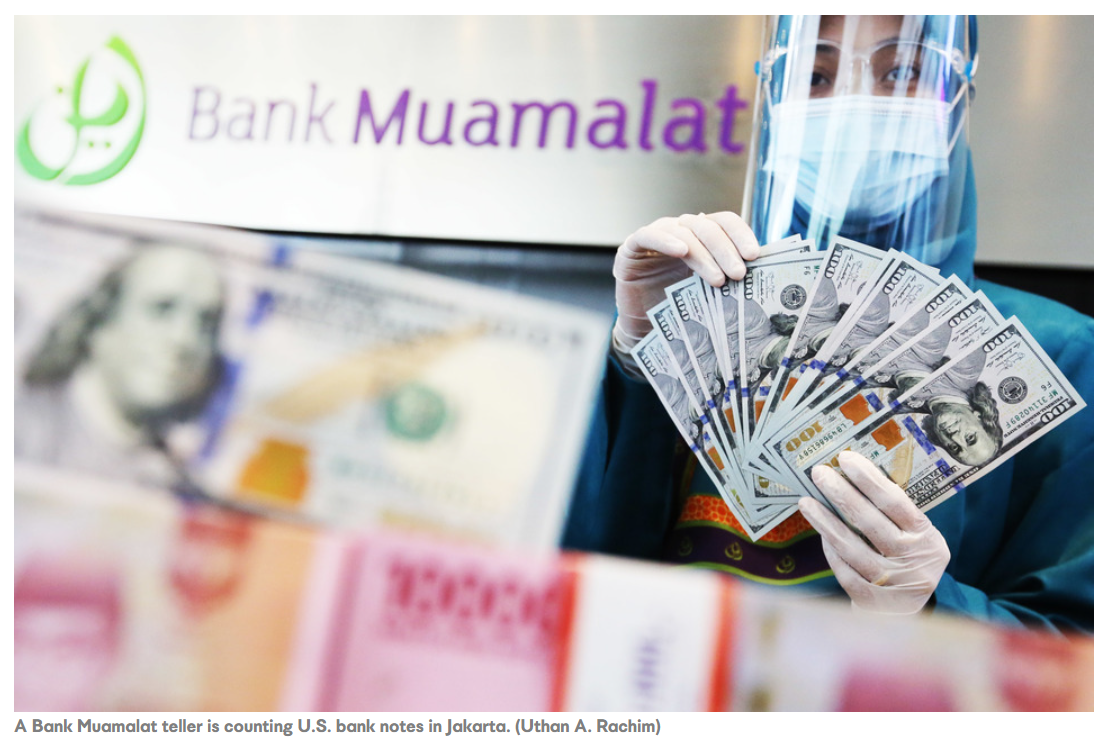Why Indonesia Abandons Dollar in Bilateral Trade
Jakarta. The Indonesian central bank has recently inked a deal with its Chinese counterpart on the use of their respective currencies when it comes to bilateral trade.
In fact, Bank Indonesia has reached the so-called local currency settlement with neighboring Malaysia and Thailand since 2018, as well as with Japan since last August.
A central bank official said on Wednesday the move is aimed at allowing a wider use of the local currency for trade transactions and investments with international partners and strengthening Bank Indonesia’s capability in stabilizing the rupiah in foreign exchange markets dominated by major currencies.
The rupiah is fragile even in its home markets — it has depreciated by 1.58 percent against the dollar year-to-date.
“We are very sensitive to volatilities in foreign exchange rate. We expect to reduce the sensitivity by establishing a more balanced domestic foreign exchange market,” Doddy Zulverdi, the head of Bank Indonesia’s international cooperation department, said in a video conference.
China remains Indonesia’s biggest non-oil export destination, valuing at $24.86 billion in the first seven months of the year, according to the Central Statistics Agency (BPS). It represents 21.85 percent of Indonesia’s overall exports in the period.
However, Indonesia is running a deficit in its bilateral trade with China, having recorded $29.71 billion in non-oil import from the Asian giant.
The United States comes second with Indonesia’s non-oil export amounting to $13.55 billion (11.91 percent) in the same period.
Separately speaking, Finance Minister Sri Mulyani Indrawati said the government is closely watching possible impacts of US economic recovery and Federal Reserve’s asset purchases on the Indonesian currency.
The minister said the faster-than-expected economic recovery in the United States and the Fed’s plan to trim the purchase of Treasury securities and mortgage-backed securities could result in a stronger dollar against other currencies, including rupiah.
Source: https://jakartaglobe.id/business/why-indonesia-abandons-dollar-in-bilateral-trade


 English
English




